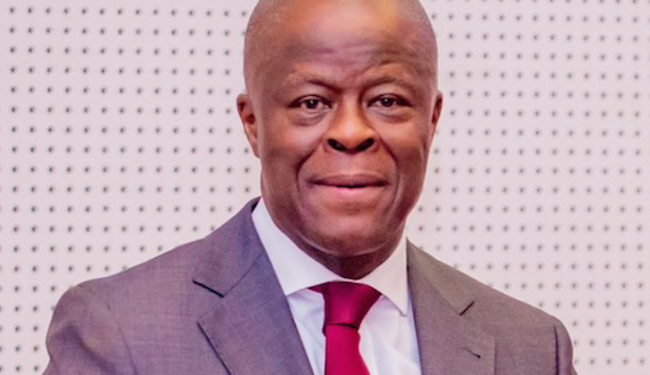Wale Edun, Nigeria’s Minister of Finance and Coordinating Minister of the Economy, has disclosed that the country spends a staggering $600 million on fuel importation each month. This high import bill is attributed to the fact that neighboring countries, reaching as far as Central Africa, benefit from Nigeria’s fuel imports.
During an interview on AIT’s Moneyline programme, which was posted on YouTube on Wednesday, Edun explained that this situation prompted President Bola Tinubu to remove the fuel subsidy. The removal aims to address the uncertainty regarding the actual fuel consumption within Nigeria.
“The fuel subsidy was removed on May 29, 2023, by Mr. President. At that time, the poorest 40 percent of the population was only receiving four percent of the subsidy’s value, essentially not benefiting at all. Therefore, the subsidy was only benefiting a few,” Edun said.
He emphasized the difficulty in determining Nigeria’s true fuel consumption. “We spend $600 million to import fuel every month, but the issue is that neighboring countries are also benefiting. We are effectively buying fuel for countries to the east, almost as far as Central Africa, to the north, and to the west. As Nigerians, we must ask ourselves how long we want to continue this practice,” he added.
Edun underscored the need for decisive action to tackle this problem, which hampers economic growth. He assured that the government prioritizes the welfare of its people, especially the vulnerable, with a particular focus on ensuring food availability and affordability.
Clarifying financial matters, Edun mentioned that the N570 billion fund released to state governments was implemented last December. This reimbursement, under the COVID financing protocol, has allowed states to receive more money for food production.
Additionally, Edun addressed concerns about the recent decision to raise the maximum borrowing percentage in the Ways and Means from five to 10 percent. He clarified that this does not indicate the Federal Government’s reliance on the Central Bank of Nigeria for financing. “We have not approached the central bank to borrow money for paying debts or salaries. Instead, we have used market instruments to manage our debts,” he stated.
Edun described the National Assembly’s approval of the increased borrowing limit as a fail-safe measure, providing flexibility for any necessary payments during revenue and expense timing gaps. “The aim is to adhere to the law while maintaining economic stability,” he added.
The minister also reiterated the administration’s commitment to ensuring food availability and affordability. He highlighted a concerted effort to boost homegrown food production and a temporary window for imports to reduce prices and ensure immediate availability without undermining local farmers. “Importation will only be permitted after exhausting local supplies, verified by auditors,” Edun assured.
These measures aim to reduce inflation, stabilize exchange rates, and lower interest rates, thereby creating a conducive environment for investment and job creation.
























